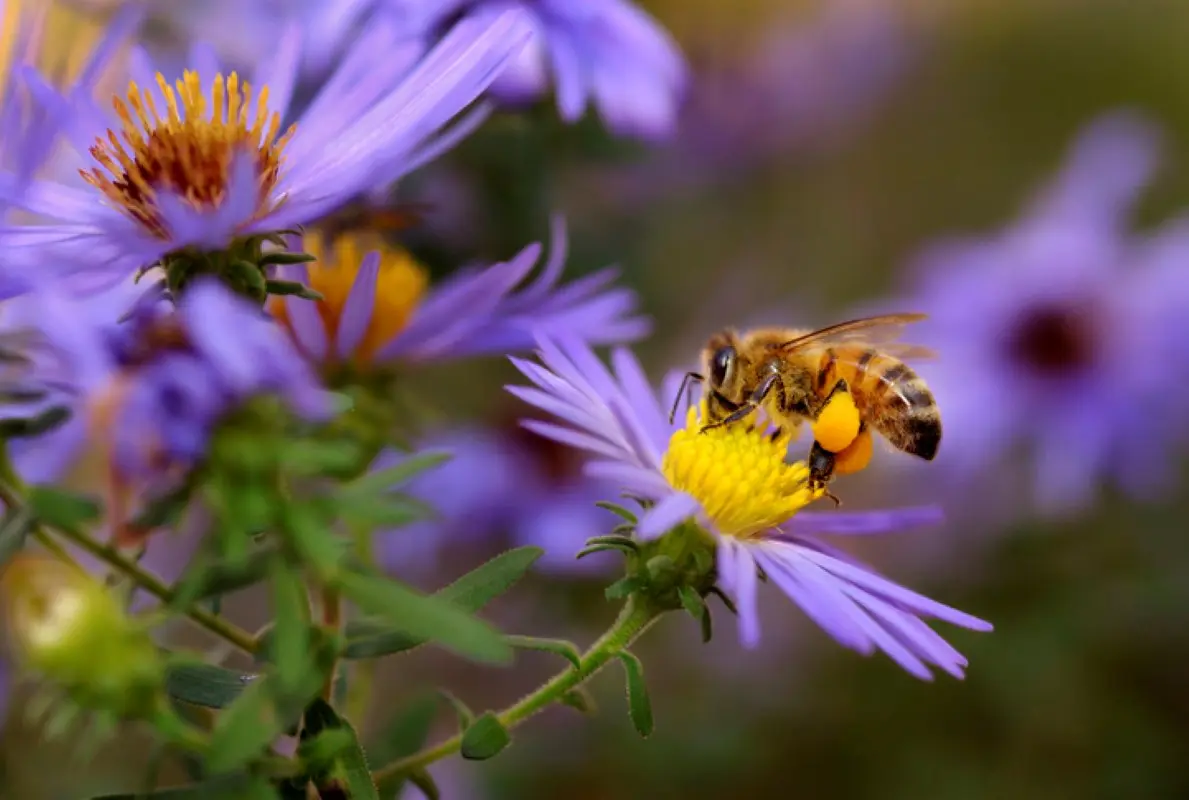Common Flowers That Keep Bugs Away

Plants have co-evolved with animals to thrive and flourish. The most well-known symbiotic exchange exists in food that insects get from flowers in exchange for their pollination services. In some cases, plants depend on animals to consume their fruit to help spread their seeds. In others, plants have clever defenses that protect them from destructive insects. It would take volumes to fully cover all of the plant defenses, but this will dive into specific flowers for garden pest control to help you spring into gardening.
Discovering Pest-Repelling Flowers
Many insects rely heavily on scents for finding food, navigating the environment, and connecting with reproductive mates. Some plants emit strong scents through their flowers that interfere with insects senses enough to keep them away. Besides the few flowers covered in more detail here, other plants and flowers that may help keep pests away include:
- Basil
- Calendula
- Catnip
- Citronella
- Dill
- Mint
- Petunias
- Rosemary
- Thyme
- Hyssop
Marigold Flowers: The Garden’s Natural Shield
Marigolds emit a strong scent that is effective at repelling white flies, aphids, and in some cases are effective deterrents for larger animals such as deer or rabbits. In addition to their powerful scent, marigold roots release alpha-terthienyl which is toxic to nematodes. Marigold flowers are most effective as a defense plant when planted around the perimeter or intermixed with vegetable crops.
Lavender & Chrysanthemum: Beauty That Deters Pests
The rich purple of lavender is only one of its benefits. Lavender flowers emit a strong scent that is known to repel flies, moths, mosquitoes, and even rodents. Lavender plants can be planted near key entry points to the home, or it can be processed into sachets, pillows, or an essential oil.
The vibrant color of chrysanthemum flowers is a good enough reason to include them in your garden. Additionally, when their leaves dry and crumble, they contain chemicals that are toxic to many insects. Pyrethrin insecticides are developed from 6 chemical compounds from mums. Planting mums throughout your landscape will help boost your lawn pest control.
Integrating Pest-Resistant Plants Into Your Garden
Simply planting one or two flowers from this list will not have much of an impact on garden insect control. Planning your garden to integrate a balanced mix of function, beauty, and protection will deliver the best results. You can set defensive plants up as barriers around the outside like a fence or you can include them as a part of each arrangement. Pest control for gardens should be a holistic approach that integrates multiple facets.
How Flower Scents and Oils Deter Pests

In the world of pests, chemicals are sources of information. Some flower scents indicate food potential. Flowers that deter pests interfere with their senses or indicate danger. Many insects also rely on smells for navigation. Overpowering or interfering scents will guide a pest to areas where their senses are much clearer.
When it comes to oils, the concentrated extract of that plant may either provide a stronger scent deterrent or combine compounds that are lethal to arthropods that contact them.
Other Practical Tips for Garden Insect Control
Whenever possible, planting native plants in and around the garden will require less future maintenance and will promote healthier balances in animal populations. Diverse landscapes provide a healthy environment to allow for natural balance among species.
Keep in mind that it is not only flowers that keep pests away. Keeping a well manicured garden free of debris and clutter has a large impact as well. Incorporating more plants and flowers that encourage beneficial insects will have a positive effect on natural lawn pest control.
Proper irrigation will have a huge impact on insect populations. When things get too dry or too wet, certain pest species are more likely to abound. Keep an eye out for depressions that collect water as well as hoses and other irrigation lines that might be leaking in one area.
Spring Into Gardening – Get Expert Pest Control Advice Today!
Spring and gardening go hand in hand. Early calibration of strategy and plans will lead to successful momentum throughout the year. Spring is also prime mating season for unwanted pests. Putting up your pest defenses mitigates their reproductive potential. Reach out to Rove Pest Control to identify and remedy pest conducive conditions so you can set the trajectory for a healthy garden early on. Rove’s pest experts have the experience and knowledge to help alter environments to help you reach your goals.
